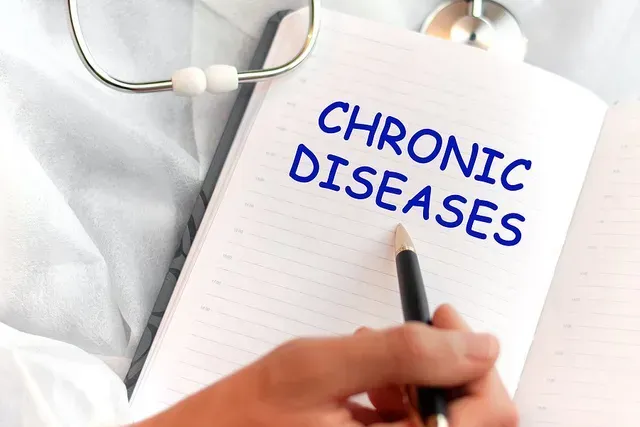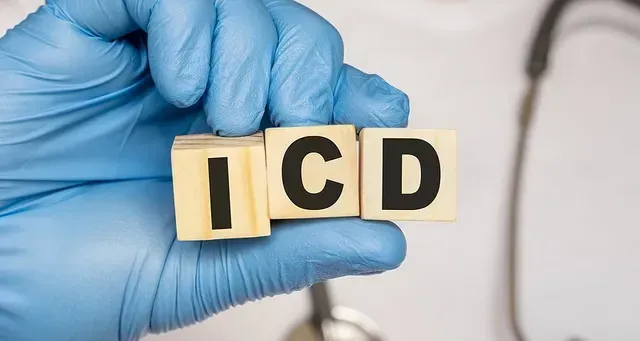Autumn is in full effect for most of our country. We see it in the changing landscape, from falling leaves to farmers bringing in the harvest. As seasons change, you may also notice a change in your elderly clients’ mood showing up as irritability, continued sadness, changes to sleep patterns, problems with memory or concentration or loss of appetite. While many mistake these changes as a normal part of aging, they may actually be caused by depression.
Why are Elders at Increased Risk?
Depression in older adults is much more common than most people think, affecting over 2 million Americans over the age of 65. It is often triggered by loneliness or boredom, loss of a loved one, changes to physical health and poor nutrition. Elders who suffer from chronic illness like heart disease, cancer, Alzheimer’s disease or arthritis are even more susceptible to depression.
Many primary care physicians overlook depression symptoms in older adults because they are focused on treating chronic disease, like diabetes or high blood pressure. Depression is a serious medical condition that requires treatment. Seniors with depression have higher overall healthcare costs – as much as 50% more than those without depression. Controlling healthcare costs and improving elder vitality should be a priority to us all.
How can Caregivers Help?
Some causes of depression in older adults are beyond our control. Compassionate care from professional or family caregivers can make significant improvements to an elder’s emotional health. Here a just a few ways:
Focus on communication. Engage the elder in conversation. Listen carefully to what they say.
Offer support. Be patient and understanding. Offer encouragement.
Support their nutritional health. Serve favorite foods and focus on balanced nutrition. Consider chronic conditions and adjust meals accordingly.
Encourage eating on a regular schedule. This will help keep the blood sugar steady and lessen irritability and confusion. If full meals aren’t appealing, suggest a wholesome snack.
Keep ready-to-eat foods in sight and in reach. Try fresh or dried fruit, whole grain cereal or cereal bars or unsalted nuts.
Sit with the elder at mealtimes to encourage better food intake.
Encourage physical activities like walking, stretching or swimming. Feel-good chemicals in the brain are triggered by exercise.
Engage them in activities they enjoy like puzzles, games or hobbies.
Recommend time outdoors. Sunshine supplies Vitamin D, a key nutrient for mental health. Pair with gardening or yardwork for added benefits.
Mood Boosting Foods
Older adults tend to eat less and have limited variety in their diets. Their meals often lack fresh foods and key nutrients for optimal health. Compounded with depression, elders lose interest in eating or skip meals all together, making symptoms worse.
A well-nourished body is better equipped to fight infections and respond positively to medical treatments. Medications used to treat depression are less effective if the body is deficient in key nutrients like vitamins and minerals and omega-3’s fatty acids. Serve a variety of foods at meals including oily fish, lean meat and poultry, eggs and dairy, whole grains, soy and nuts and fruits and vegetables. A healthcare professional may also recommend dietary supplements for some elders.
Medications used to treat depression are less effective if the body is deficient in key nutrients like vitamins, minerals and omega-3’s.
Some elders may crave sweets or high-fat foods while depressed. There is a place for all foods in the diet – in moderation. Simple carbs, refined sugars and high-fat foods increase inflammation in the body, worsening symptoms of many diseases like arthritis and irritable bowel. Remind them that making healthier choices can lessen symptoms of chronic disease and improve their overall health. Education and encouragement from a trusted caregiver can make all the difference.
Advocating for Elders
We can all do our part to reduce depression in older adults. Carefully listening to their concerns and watching for signs of depression are important. It’s also vital to communicate concerns about an elder’s emotional health to case managers or the elder’s family. Depression, like other diseases, require medical treatment that may include medication. Communication, compassion and supporting a healthy diet and lifestyle can enhance the effectiveness of treatments and all help to improve the elder’s outlook on life.
Sources:
Mental Health America. Depression in Older Adults: More Facts. No Date. Accessed 10-11-2018. http://www.mentalhealthamerica.net/conditions/depression-older-adults-more-facts.
Psychology Today. Clinical Trial Finds Diet Works for Depression. 17- Feb. 2017. Accessed 10-11-18. https://www.psychologytoday.com/us/blog/diagnosis-diet/201702/clinical-trial-finds-diet-works-depression
Rao, T.S. Sathyanarayana, Asha, M.R., Ramesh, B.N., Rao, K.S. Jagannatha. (2008) Understanding nutrition,depression and mental illnesses. Indian Journal Psychiatry, 50(2).
This article is written by Chef Beth Scholer, CC, CDM, CFPP, is a food scientist, culinary instructor, author and founder of Caregivers Kitchen. She is passionate about empowering caregivers to make positive nutritional changes and mealtime meaningful for those in their care. She can be reached at chefbeth@caregiverskitchen.net.
Improving Patient Care:
At Kenyon Homecare Consulting, we focus on high-quality patient-centered care and helping you become the expert of it. Call us today at 206-721-5091 or contact us online if you need education for staff or assistance with operations in your agency. Check out our list of services here.










